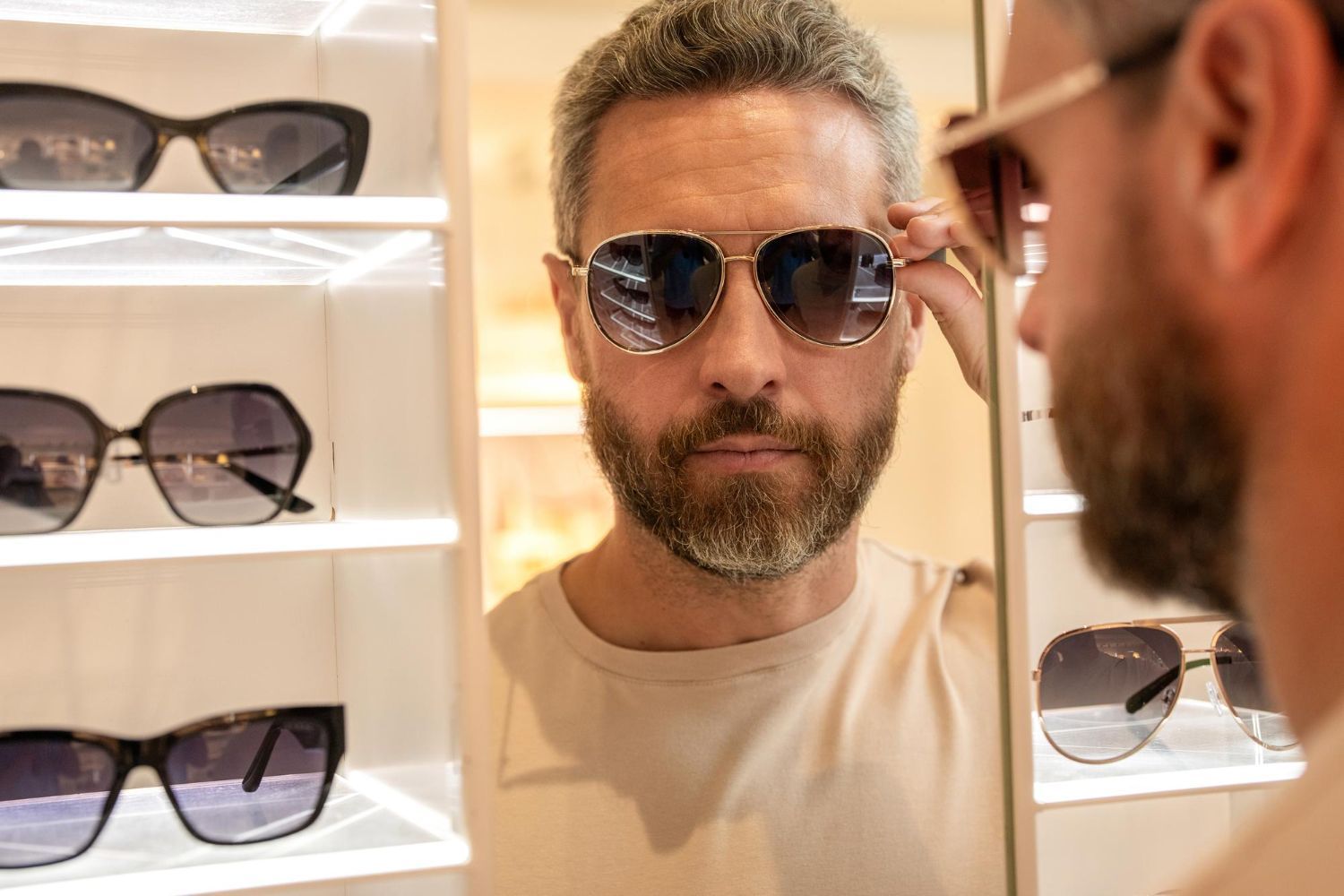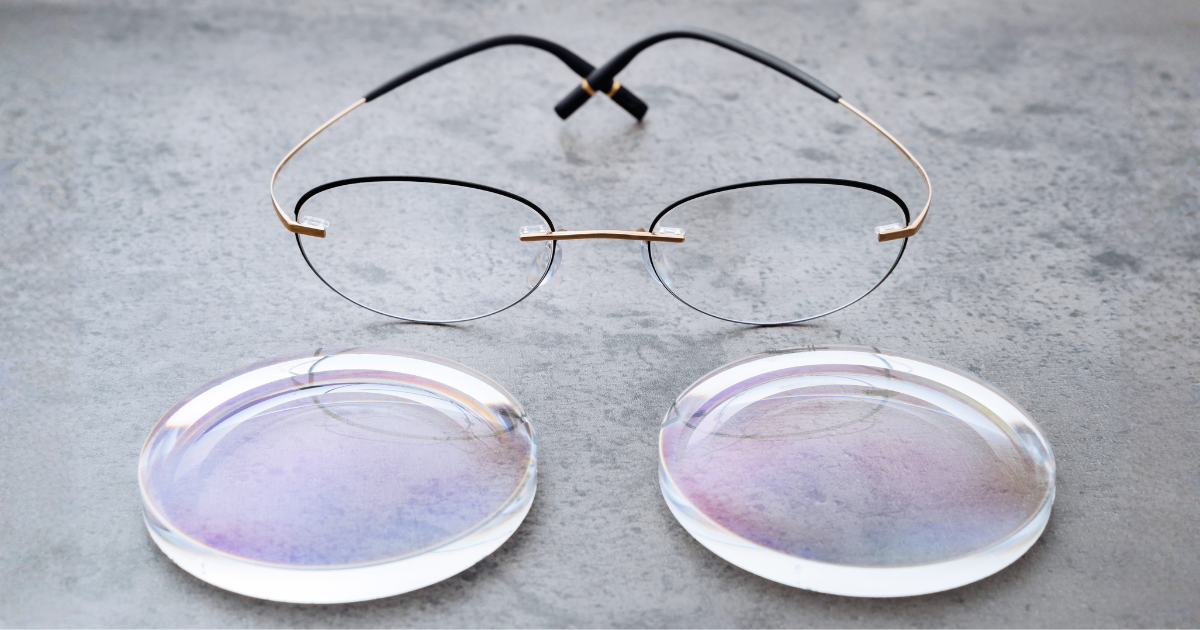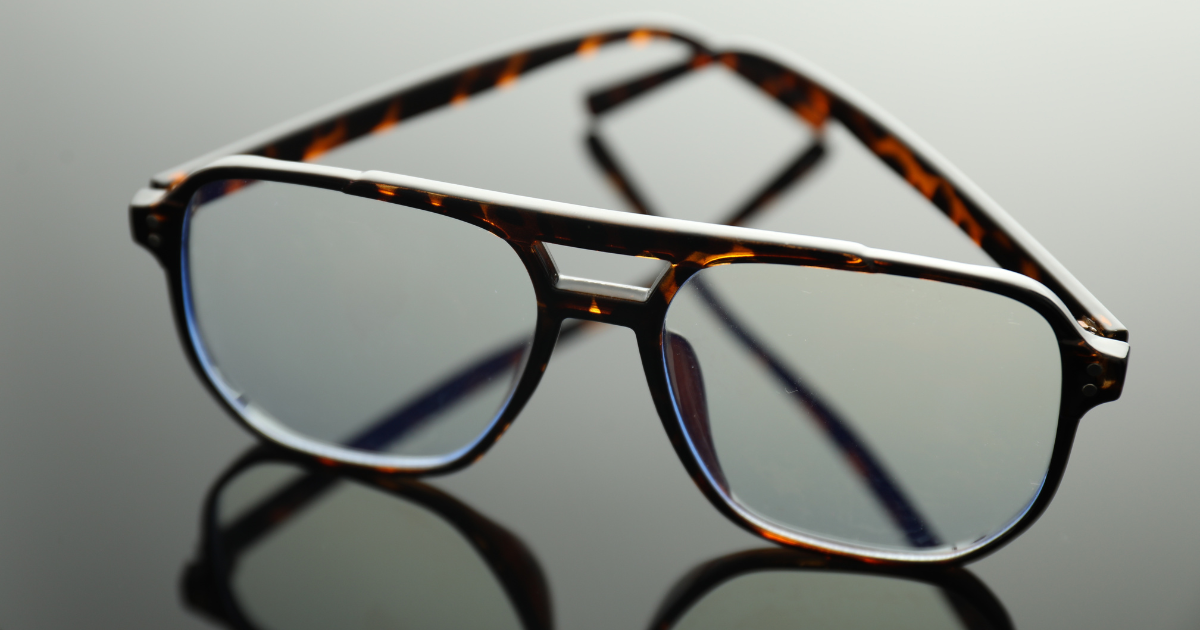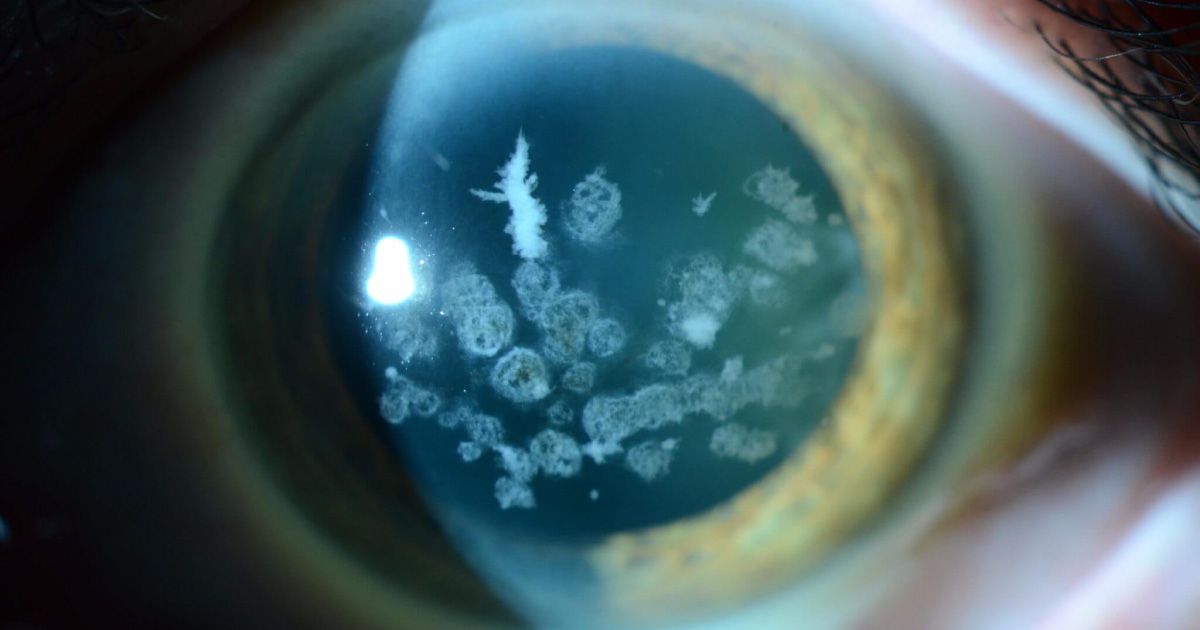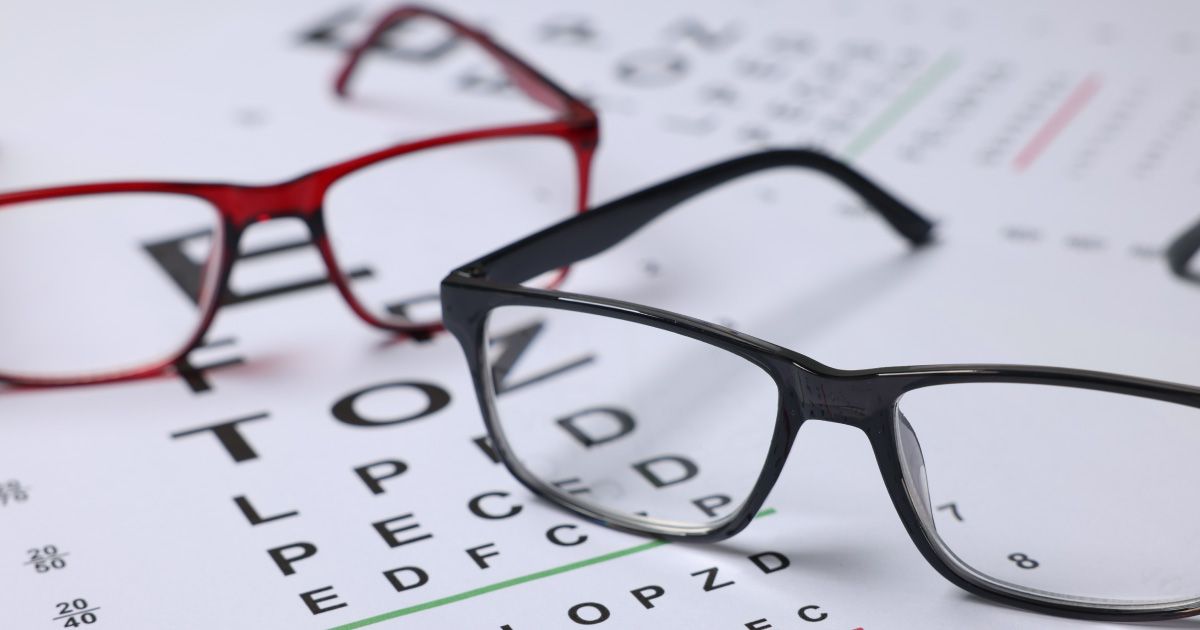The Impact of Antidepressants on Eye Health: What You Need to Know

Read time: 3 minutes
Looking at the intersection of mental health and eye care, this article delves into a crucial aspect often overlooked: the impact of antidepressant medications on eye health. Let’s explore the impact of antidepressant medications on eye health, providing factual insights to empower you with a comprehensive understanding. Your eyecare professionals here at Urban Optiks recognize the importance of considering both mental well-being and ocular health in a holistic approach to patient care.
Types of Antidepressants
Antidepressants are a diverse class of medications designed to alleviate symptoms of depression and other mood disorders. Common types include SSRIs (selective serotonin reuptake inhibitors), SNRIs (serotonin-norepinephrine reuptake inhibitors), tricyclic antidepressants, and atypical antidepressants.
Given the widespread prevalence of mental health conditions, antidepressants are frequently prescribed. Understanding the potential effects on eye health is crucial for people incorporating these medications into their mental health treatment plans.
Conditions That May Affect Your Vision and Eye Health
- Dry Eye Syndrome and Antidepressants: Certain antidepressants, particularly tricyclic antidepressants, can have anticholinergic effects. These may interfere with tear production, contributing to symptoms of dry eye syndrome. Anticholinergics are medicines that block acetylcholine and prevent smooth muscle contractions. Changes in tear film composition, a potential side effect of antidepressants, can lead to decreased lubrication and increased susceptibility to dry eyes.
- Pupillary Changes and Light Sensitivity: Some antidepressants, notably tricyclic antidepressants and certain atypical antidepressants can cause pupillary dilation. This may result in increased sensitivity to light (photophobia) and difficulty adjusting to changes in lighting conditions. Individuals taking antidepressants may experience challenges with night vision due to dilated pupils. This aspect is particularly relevant for those engaged in activities that require optimal vision in low-light conditions.
- Visual Disturbances and Blurred Vision: Blurred vision is a reported side effect of some antidepressants, potentially affecting the clarity of vision and visual acuity. While uncommon, visual disturbances such as halos or flashes of light may occur in individuals taking certain antidepressants. Immediate consultation with both mental health and eyecare professionals is recommended if such symptoms arise.
Managing Antidepressant-Related Eye Issues
Open communication with both mental health and eyecare professionals is essential. Informing your healthcare team about all medications, including antidepressants, allows for collaborative management of potential ocular side effects.
Regular eye examinations are crucial for individuals taking antidepressants. Your Urban Optiks eyecare professionals can monitor changes in eye health and provide early intervention if needed.
Lifestyle Factors and Eye Health
Maintaining proper hydration is vital for managing dry eye symptoms. Individuals on antidepressants should prioritize hydration and discuss any persistent dry eye concerns with their eyecare professionals. For those experiencing light sensitivity, wearing sunglasses with UV protection can mitigate discomfort and protect the eyes from potentially harmful effects of increased light sensitivity.
The Takeaway
At Urban Optiks Optometry, we understand the delicate balance between mental health and ocular well-being. The impact of antidepressants on eye health underscores the importance of collaborative care. If you or someone you know is considering or currently using antidepressant medications, consulting with both mental health and eyecare professionals is key. Your eyesight and mental well-being are interconnected facets of your overall health, and our team is here to support you on your journey to wellness.
Share this blog post on social or with a friend:
The information provided in this article is intended for general knowledge and educational purposes only and should not be construed as medical advice. It is strongly recommended to consult with an eye care professional for personalized recommendations and guidance regarding your individual needs and eye health concerns.
All of Urban Optiks Optometry's blog posts and articles contain information carefully curated from openly sourced materials available in the public domain. We strive to ensure the accuracy and relevance of the information provided. For a comprehensive understanding of our practices and to read our full disclosure statement, please click here.






